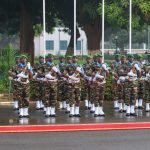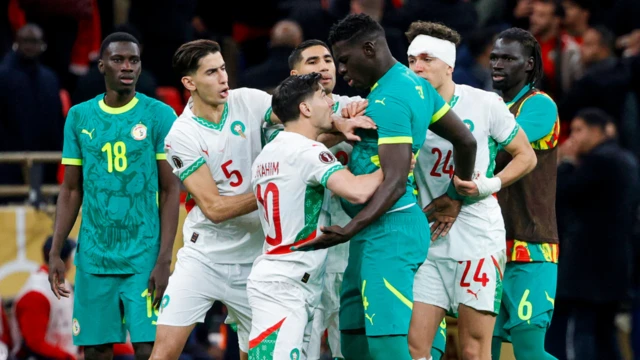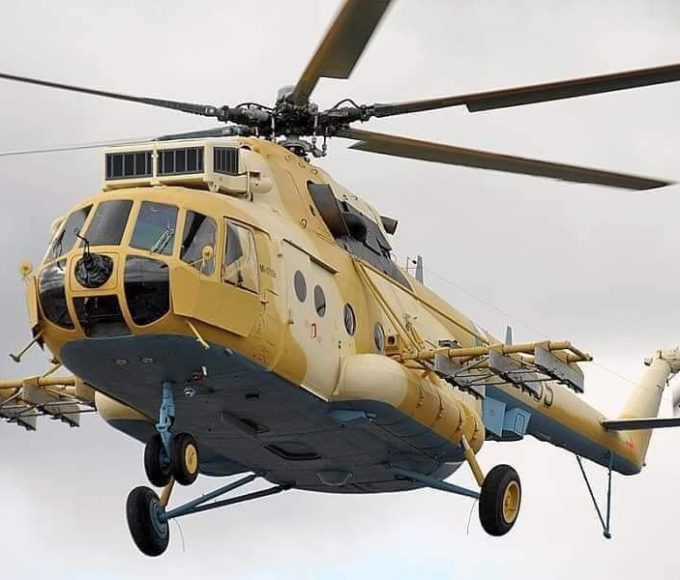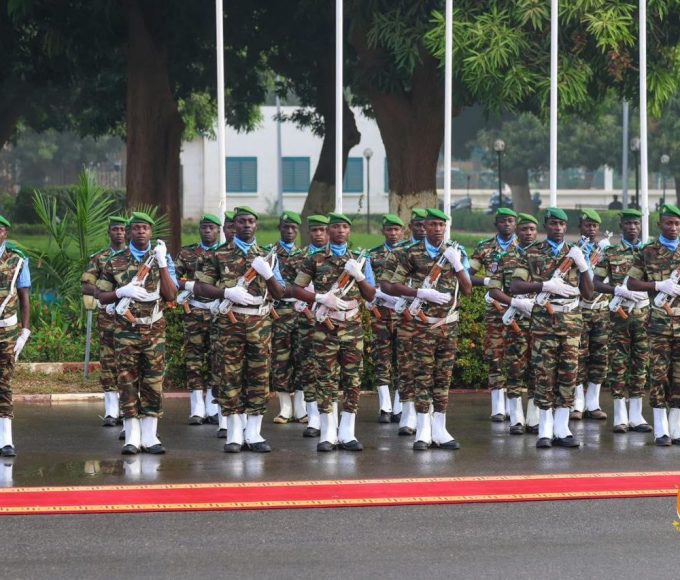
Western Powers Are Turning Former Criminals and Designated Terrorists into Strategic Partners, Embracing Leaders with Criminal Pasts as Global Allies

Western powers are increasingly building strategic relationships with foreign leaders whose records are tainted by allegations of crimes, such as drug trafficking, money laundering, and terrorism. This is a trend of transactional diplomacy, where strategic and security interests now outweigh moral or human rights considerations. Recent developments in Syria, Nigeria, and Kenya highlight how political expediency often supersedes principle in global power dynamics.
In Syria, Ahmed al-Sharaa, formerly known as Abu Mohammad al-Jolani, exemplifies this new approach. A former commander of Hayat Tahrir al-Sham (HTS) and a designated global terrorist with a $10 million US bounty, al-Sharaa fought US forces in Iraq and was linked to al-Qaeda. Yet after leading the offensive that overthrew Bashar al-Assad in December 2024, he was welcomed on the world stage by the US and other Western governments.
At the UN General Assembly in New York, al-Sharaa met with US Secretary of State Marco Rubio. At the same time, retired General David Petraeus, who once captured and imprisoned him, interviewed him publicly and described himself as one of the Syrian leader’s many fans. US officials privately acknowledged that they see no alternative to al-Sharaa’s rule and view him as the best hope to prevent another civil war. Soon after, Washington lifted sanctions and withdrew the bounty, a move seen as one of political necessity rather than moral acceptance.
In Nigeria, a similar pattern has emerged. President Bola Tinubu has long faced controversy over his past financial dealings. Court documents from 1993 show that he forfeited $460,000 to US authorities after investigators traced the funds to heroin trafficking proceeds from a Nigerian drug network in Chicago. Despite this, the US State Department recently approved a potential $346 million arms deal with Nigeria, citing counterterrorism cooperation and regional stability as key factors.
The timing of the deal has raised eyebrows. It coincides with a Freedom of Information Act (FOIA) case filed by transparency advocate Aaron Greenspan, who accused the FBI and DEA of “playing politics” by delaying the release of unredacted drug files on Tinubu. The delay may be politically motivated, giving Washington leverage over the Nigerian president. This dynamic has been described as a form of quiet diplomacy through vulnerability, where sensitive information becomes a bargaining tool for extracting financial or strategic concessions.
Kenya’s experience adds another layer to this pattern. William Ruto, now president, once faced crimes against humanity charges at the International Criminal Court (ICC) over the 2007–08 post-election violence. The case was dropped in 2016 due to witness interference and political pressure, though the court refused to grant an acquittal and left open the possibility of future prosecution. Despite these unresolved issues, Western nations continued to engage with Ruto and his co-defendant, then-President Uhuru Kenyatta.
In 2013, the United Kingdom hosted Kenyatta for a state visit, and in 2015, Barack Obama met both men in Nairobi. Around the same time, Kenya successfully lobbied for ICC rule changes allowing heads of state with “extraordinary public duties” to skip court appearances, a move that weakened the court’s authority. These diplomatic gestures signalled that global powers were more concerned with maintaining stability in East Africa than with pursuing accountability for serious crimes.
Across these cases, a consistent theme emerges, where Western governments are prioritising influence and short-term stability over principles of justice and accountability. Leaders with compromised pasts are not shunned but often embraced as partners, as their vulnerabilities can make them easier to pressure or control.
For Western powers, these relationships offer access and leverage in volatile regions. For the leaders involved, they bring legitimacy and protection from scrutiny. But this approach comes with risks. It undermines global standards of accountability and sends the message that power and strategic value can erase even the most serious criminal allegations.
As global politics becomes increasingly transactional, the lines between diplomacy, coercion, and complicity grow harder to see. The new world order appears to be less about shared values and more about what can be traded, withheld, or ignored in pursuit of strategic gain.
Read More:
- AES and Togo Discuss Customs Reform and Regional Trade Integration
- Tinubu Regime Causes More Pain For Nigerians As Cooking Gas Prices Soar 40% In One Week
About The Author
Related Articles
The AFCON Final in Morocco and the Controversies That Followed
The Africa Cup of Nations final between hosts Morocco and Senegal ended...
ByWest Africa WeeklyJanuary 20, 2026Mali’s Transition Leader Attends Swearing-In of Guinea’s President Mamadi Doumbouya
Mali’s President of the Transition, General Assimi Goïta, represented the country in...
ByWest Africa WeeklyJanuary 19, 2026Malian Army Conducts Successful Surveillance Operation in Mopti Region
The Malian Armed Forces have carried out a successful territorial surveillance operation...
ByWest Africa WeeklyJanuary 19, 2026Niger’s Security Forces Record Major Gains Against Armed Groups
Niger’s Defence and Security Forces have reported significant results following a week...
ByWest Africa WeeklyJanuary 19, 2026












Leave a comment